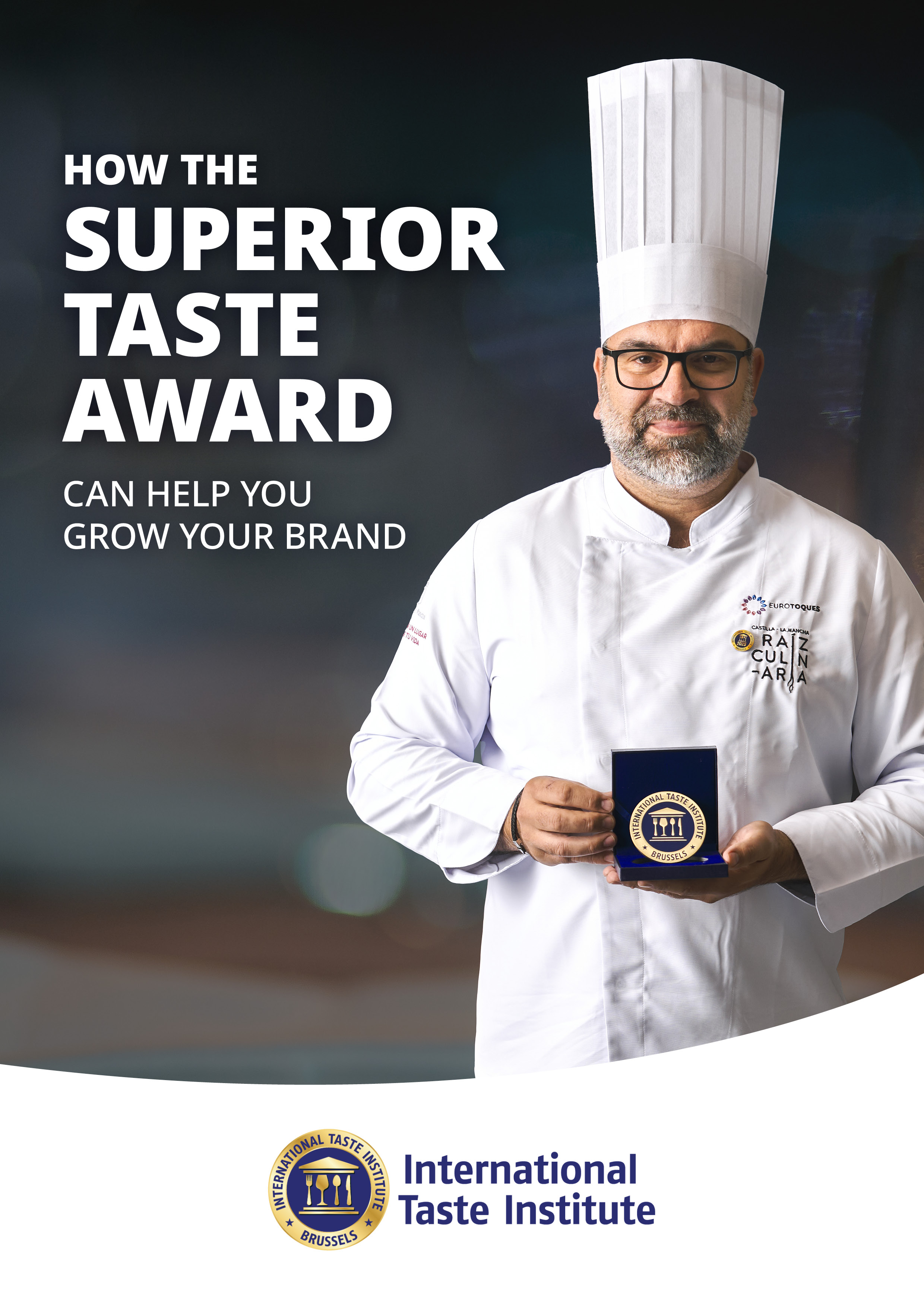Ispirazione

A simple recipe to differentiate in a competitive environment
Differentiate or die!
Differentiation involves creating unique features or characteristics in your products that set them apart from competitors' offerings to position your products as distinct and superior. In the food and beverage industry, having a solid differentiation point is crucial. Without differentiation, your products can disappear in a sea of similar options, leading to price wars and margin erosion.
Buyers at retailers or distributors are constantly evaluating various options based on factors such as price, rotation, quality and features. Without a compelling unique selling proposition (USP), your products may not stand out from the competition and buyers might not list your products, choosing cheaper alternatives or forcing you to reduce your prices and erode your margins.
Similarly, end consumers have the choice between so many different options on the shelves that in the absence of a clear differentiation, they too often use price as a guide, selecting cheaper options.
Product differentiation is a powerful tool that can make the difference between success and failure in the fiercely competitive food and beverage industry. So, what can you do to have your product stand-out and differentiate from your competitors, to keep good prices and to preserve your margins?
The 3 different types of product differentiation.
Let's explore the 3 most common types of product differentiation strategies that companies use to shine in their categories.
Differentiate with unique product features
A key way to differentiate your products is to offer unique features that no other competitor on the market offers yet.
A classic example is Chobani, a leading brand in the yoghurt industry. Founded in 2005, Chobani yogurt was the first brand to offer Greek-type strained yoghurts in the US. It became very popular thanks to its unique thick and creamy texture, which is achieved through a straining process that removes the whey. This straining process also results in a higher protein content compared to regular yogurt.
Thanks to its unique products on the US market, Chobani quickly became one of the world’s leading yoghurt brands with sales of more than $1.4 billon.
Differentiate on quality
Another way to differentiate is to offer products that have a superior level of quality.
Take Lindt, a renowned Swiss chocolatier and confectionery company that has been producing high-quality chocolates since its founding in 1845. Lindt is deeply rooted in Swiss chocolate-making traditions, known for their precision, attention to detail, and commitment to quality. Lindt is known for producing premium chocolates that are made with carefully selected ingredients and crafted with deep expertise.
Their superior level of quality allowed the brand to be referenced around the world across multiple distribution channels ranging from their own boutiques and specialty chocolate stores to supermarkets, grocery and convenience stores.
Differentiate with a strong brand image
Some brands decide to differentiate not on their product features but with their image. A classical example is Red Bull. As a product, Red Bull is probably not so different from any other energy drink. That said, the brand has successfully cultivated an image associated with a vibrant and active lifestyle. Red Bull has become synonymous with extreme sports, adventure, and pushing boundaries. This positioning has helped attract a dedicated following of consumers who aspire to embody this active and adventurous lifestyle.
Red Bull is now one of the largest and most recognizable energy drink brands globally. It has a significant presence in over 170 countries worldwide with sales above 6 billion USD.
Our simple recipe to stand out: demonstrate your quality with the Superior Taste Award
If you don’t have a strong image like Red bull and don’t have unique features like Chobani but have delicious products, the Superior Taste Award can help you stand-out and demonstrate your superior quality.
Various studies in the industry of wine have shown that wines granted awards or prizes tend to experience increased sales compared to those without credible endorsement. Consumers and buyers generally feel reassured that it is a good quality wine as it has been vetted by the palates of top wine experts.
The same applies in the rest of the food & beverage industry. Many companies obtaining the Superior Taste Award for their products have reported significant gains in:
-Store Distribution: the quality validation by an external jury of renowned experts brings strong arguments in discussions with buyers at retailers and distributors.
-Shelf Rotation: Consumers perceive award-winning products as of higher quality and are more willing to purchase them than others.

Interested to learn more: Download our full e-book.
Vuoi leggere più articoli come questo?
We use cookies on this site to enhance your user experience
By Clicking any link on this page your are giving your consent for us to set cookies More info
.jpg?locale=en)



